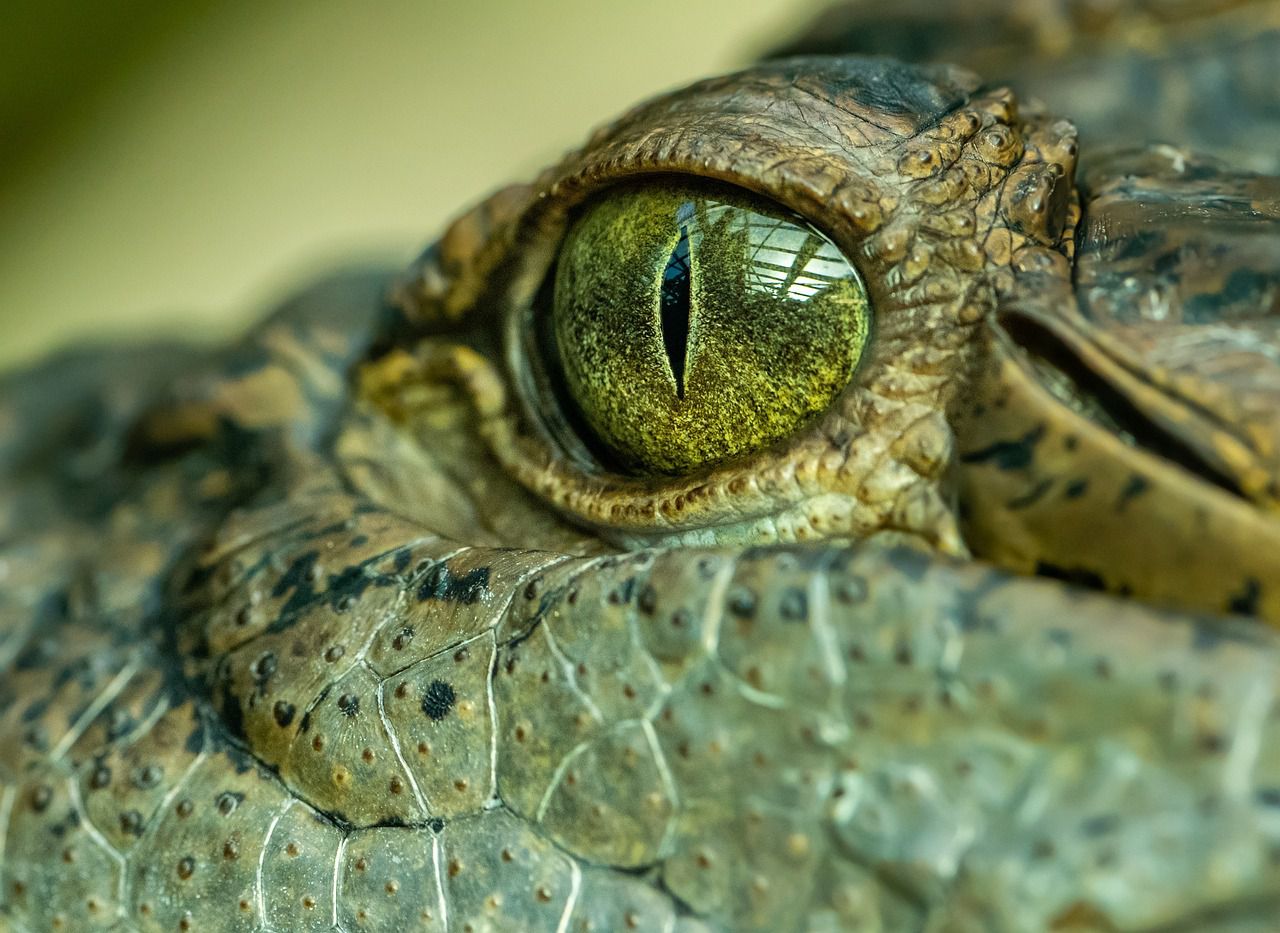Crocodiles and alligators are both large reptiles belonging to the order Crocodylia, but they are distinct species with several differences in appearance, behavior, habitat, and distribution.
Here's a breakdown of the main differences between crocodiles and alligators.
Let's start with their physical appearance.

Snout Shape
One of the most noticeable differences is the shape of their snouts.
Crocodiles typically have a V-shaped snout that is longer and more pointed, while alligators have a U-shaped snout that is wider and more rounded.
Tooth Visibility
When their mouths are closed, a crocodile's upper and lower teeth are visible, while in alligators, only the upper teeth are visible.
Size Variation
Both crocodile and alligator species vary in size, but as a general rule, crocodiles tend to be larger than alligators.
The largest crocodile species, the saltwater crocodile, can reach lengths of over 20 feet, while the largest alligator species, the American alligator, reaches lengths of up to 15 feet.
Now, let's find out more about their behavior.
Behavioral Differences
Crocodiles tend to be more aggressive and territorial, while alligators are generally considered less aggressive and more tolerant of other alligators in their vicinity.
Saltwater Tolerance
Crocodiles have special salt glands that allow them to excrete excess salt, enabling them to tolerate saltwater environments better than alligators.
They are also different in size.












